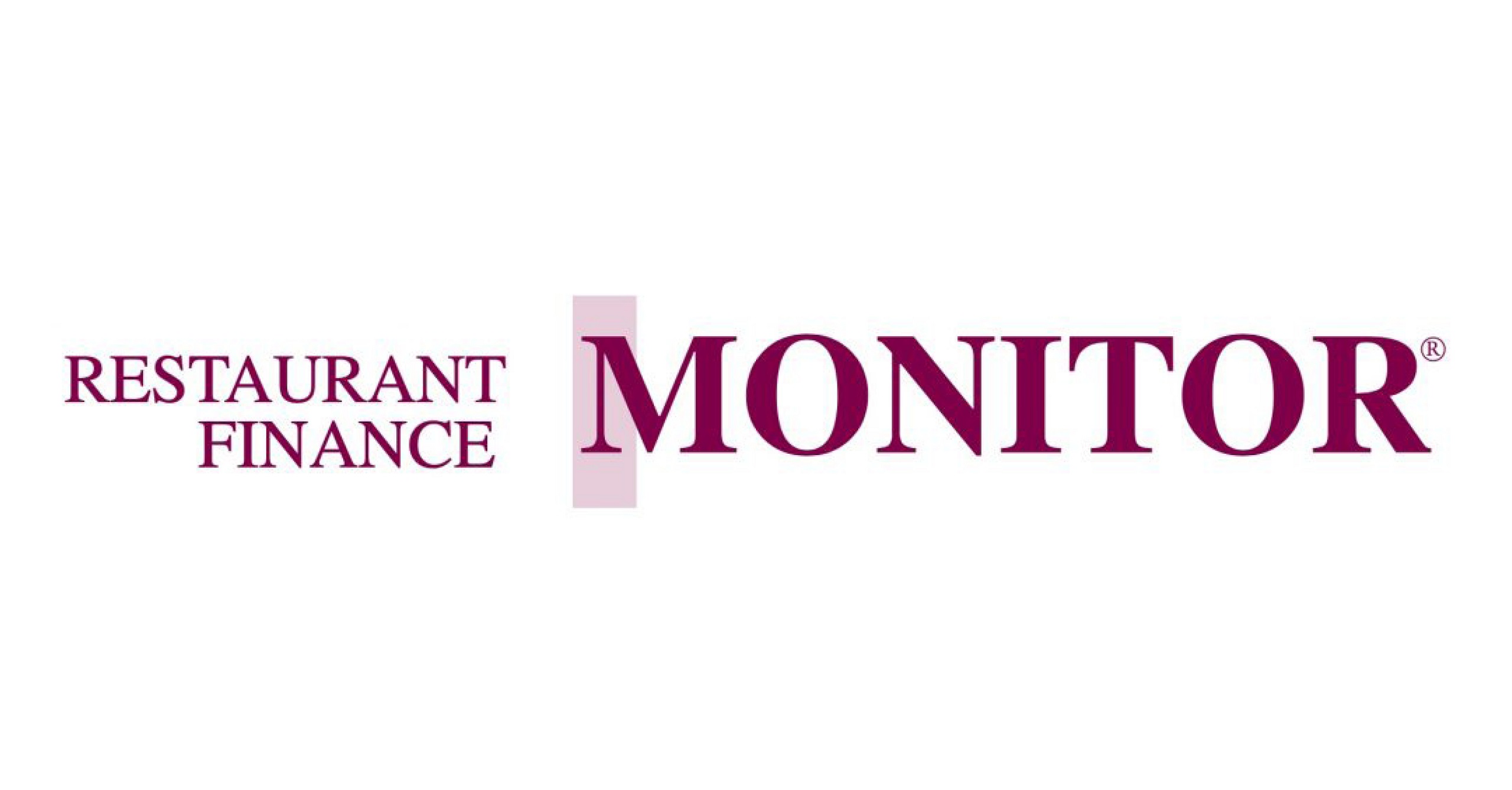More than almost any other sector, the restaurant industry is plagued with ever-changing issues concerning employee compensation, and yet this issue is one of the keys to a successful restaurant. So, it’s not surprising we’ve got another twist: This time it’s the “Big Beautiful Bill,” which directly creates a new layer of planning.
A provision that provides direct application to the restaurant industry: Individuals who earn overtime pay or taxable tip income may now be able to claim a deduction of up to $12,500 for single filers or $25,000 for joint filers. There is a phase out at $150,000 of income for individuals and $300,000 for joint filers. The employer will be required to report this specific type of income on a modified W-2 or 1099 form. I don’t see this really helping reduce the cost for the restaurant company. The market will still drive what we need to pay key employees.
So, we still need to rely on some of the tried-and-true ways of providing employees with creative compensation.
Besides well-structured bonus plans, the best area for employee compensation is in the spectrum of deferred compensation techniques. This gives the employee income for the future and provides appropriate incentives. These deferrals of income are not taxable until they are received by the employee, and not tax deductible until paid by the employer. There are many creative forms deferred compensation can take and it does not have to be uniform throughout the employee group.
There is one other key component: Most restaurants are flow-through entities, specifically LLCs, so you can offer a key employee “profits interest,” which is the right to share in future profits of the restaurant entity. These are actually reported on the restaurant’s tax return as a share of the profits. This is a right-to-income and it is not taxable when granted to the employee, but it does not come with any governance rights or any kind of control.
One useful technique is the area of phantom stock, or appreciation rights. For an LLC, it is rights as to membership interest. Simply stated, appreciation rights are when the value of the business is established at the time that you grant employees the appreciation right.
Then the valuation method is applied each year, and the employee receives their percentage of the increase in value from the starting value. Again this increase in value is not taxable until actually received. Unfortunately, most deferred compensation obligations for future payments to employees are a GAAP liability and thus reduces GAAP net income.
Appreciation rights or just deferred compensation are great ways to get key employee alignment as it relates profitability and growth for the company.
Another technique is actual ownership. This is normally either stock or membership interest that is initially restricted to vesting, buyout or voting. It may or may not be taxable to the employee at the time it’s granted or upon the expiration of the initial restrictions.
Other techniques I’ve used in the past are stock options, where the price is set at the fair-market value and the employee has the right to buy stock in the future, normally upon a liquidity event. I’ve also used a technique where employees have a right to first refusal to buy a portion, if not all, of the business if there’s a third-party sale.
The beauty of some of these techniques is you can use them at various ownership levels. For instance, if you are a large, multi-unit operation and you have 10 or 15 different companies based on regional operation or concept, you can create these deferred compensation techniques at the different levels of ownership. Then, one person can participate in the 15 stores in New York and another one can participate in the 20 stores in Kansas City.
Just keep in mind that even with the new tax rules in the “Big Beautiful Bill,” we still have the continuing challenge of providing lucrative incentives and participation for our employees—but only if you’re interested in a low rate of turnover.
From the August 2025 issue of Restaurant Finance Monitor
Author
-

Co-founder and chairman of Monroe Moxness Berg PA, Dennis is a pioneer in corporate financing with a broad network of finance contacts and clients. He assists businesses, from emerging companies to multinational firms, by providing creative ideas, identifying unique financing sources, and developing the financial tools necessary for their growth and development.
